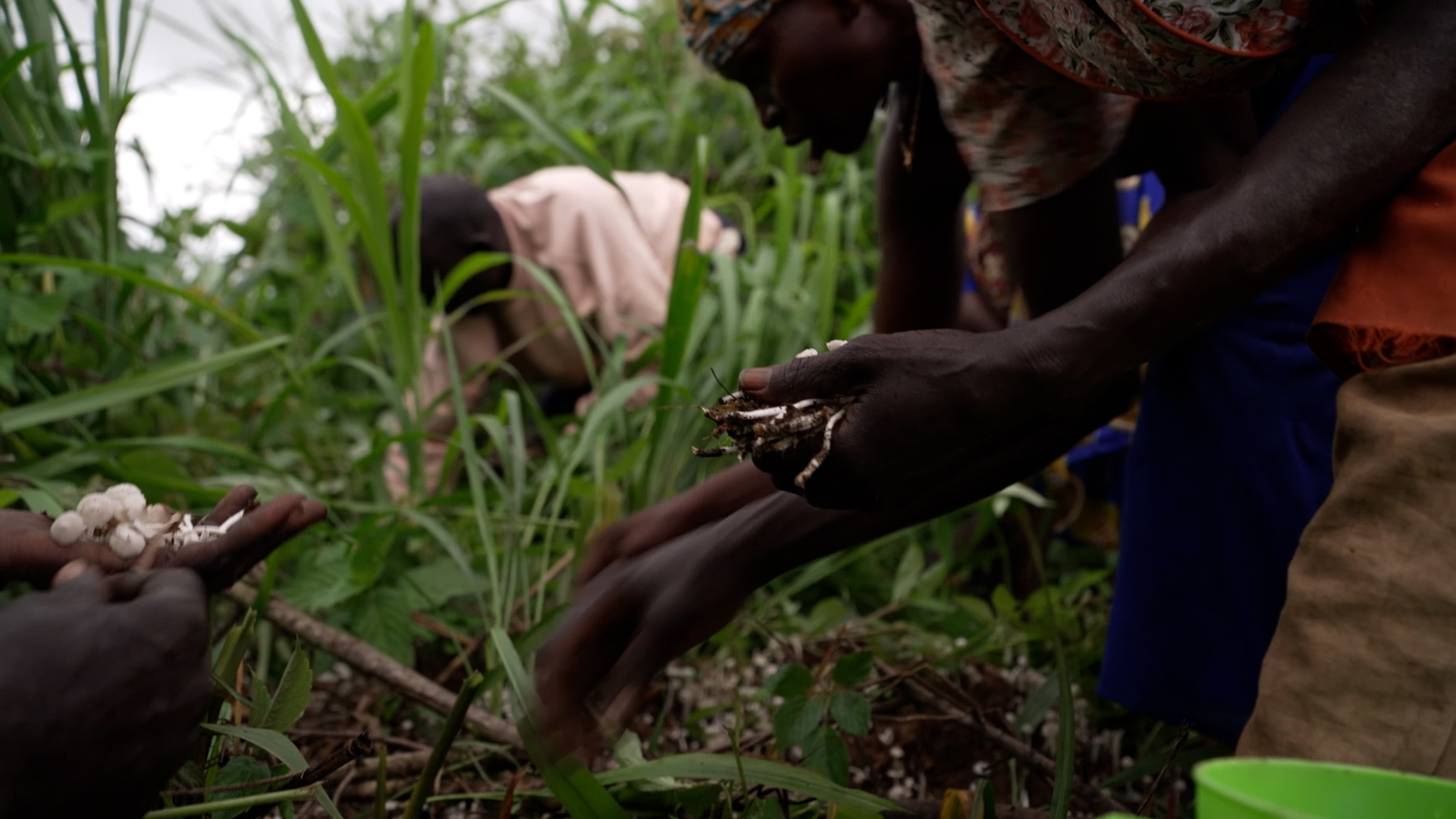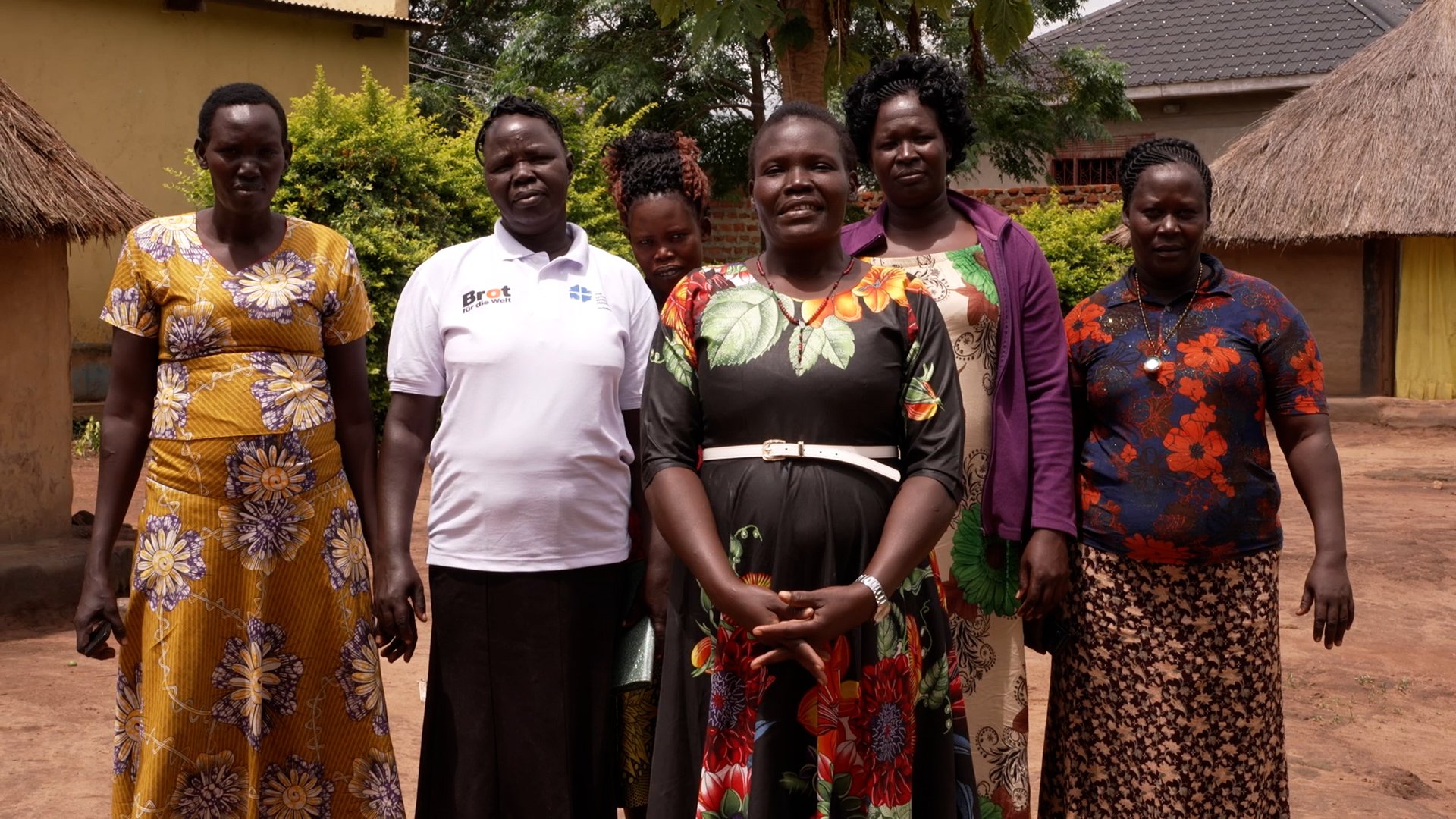Pakistanis head home as government repatriation operation begins
Pakistanis head home as government repatriation operation begins

JALOZAI CAMP, Pakistan, July 14 (UNHCR) - Some 900 Pakistani civilians displaced by violence in North West Frontier Province (NWFP) returned to their homes in Swat district on the first day of the government's voluntary return operation.
A fleet of 20 buses and trucks left NWFP's Jalozai camp on Monday and took the returnees, comprising some 150 families, to villages in the Landakai, Barikot, Guratai and Kota areas of Swat. The convoy was escorted by government troops. Another 5,200 people were scheduled to return home today.
Returnees told UNHCR that they felt safe going back to their villages after contacting neighbours who had safely returned on their own. Some mentioned the soaring temperatures in the camp as one of their main reasons for registering to go back.
"It is only because it is too hot that we are going back to Swat," said Ali, as he boarded the bus that would take him and his family home. "It is really too hot here. All my children have fallen sick [and contracted skin diseases]."
Other internally displaced people (IDPs) said they were concerned about the security situation in various areas of Swat and were not ready to return. Some civilians have been displaced several times since the fighting erupted in early May and want to avoid being uprooted yet again.
"I don't want to go back now. I don't want to live with the fear of being attacked again," said 48-year-old Jan, who was on her way with her pregnant sister-in-law to a hospital in the Swat capital, Mingora, when the area came under artillery fire. They fled to Jalozai with their families not long after the woman gave birth. Jan said her village had in the meantime been protected by the army, "but there is another village nearby which has been completely destroyed."
Some people said they wanted assurances that basic services and food would be available upon their return, while others, whose homes were destroyed, worried about accommodation. The most vulnerable IDPs, including pregnant women, want to remain in camps for the time being because they have ready access to health services - something not always available in their villages.
"If I go back to my village in Swat now, there is a high chance that I will have to deliver my baby at home," said Tahira, who is nine months pregnant. "In the camp, there is a special delivery room at least, and doctors."
More than 800 families, or 5,200 people, were scheduled to be transported back to Swat on Tuesday from camps in the Mardan and Swabi districts. The government has a three-phase return plan, focusing first on repatriating displaced people currently staying in camps. The second and third phases will help people staying with host families, renting rooms or staying in schools. The government hopes to complete the repatriation programme in five to six weeks.
The UN refuge agency will both help to monitor the willingness of people to return and to implement the registration process. Several return application desks have been established in camps in the districts of Mardan, Swabi, Nowshera and Charssada.
UNHCR will also provide cash assistance to the government for the transportation of vulnerable people. The agency will distribute relief items to families which have not yet received them, especially for IDPs staying with host families or in school buildings. IDPs who decide to go back to their villages will be able to take their tents and other relief items. UNHCR is assessing the need to provide emergency shelter for returnees.
More than 2 million people have been displaced in north-west Pakistan since early May. While 260,000 people are staying in 21 camps in Mardan, Swabi, Nowshera, Peshawar and Charssada districts, the vast majority of IDPs are accommodated with host families, in rented houses or in school buildings.
By Hélène Caux in Islamabad, Pakistan








